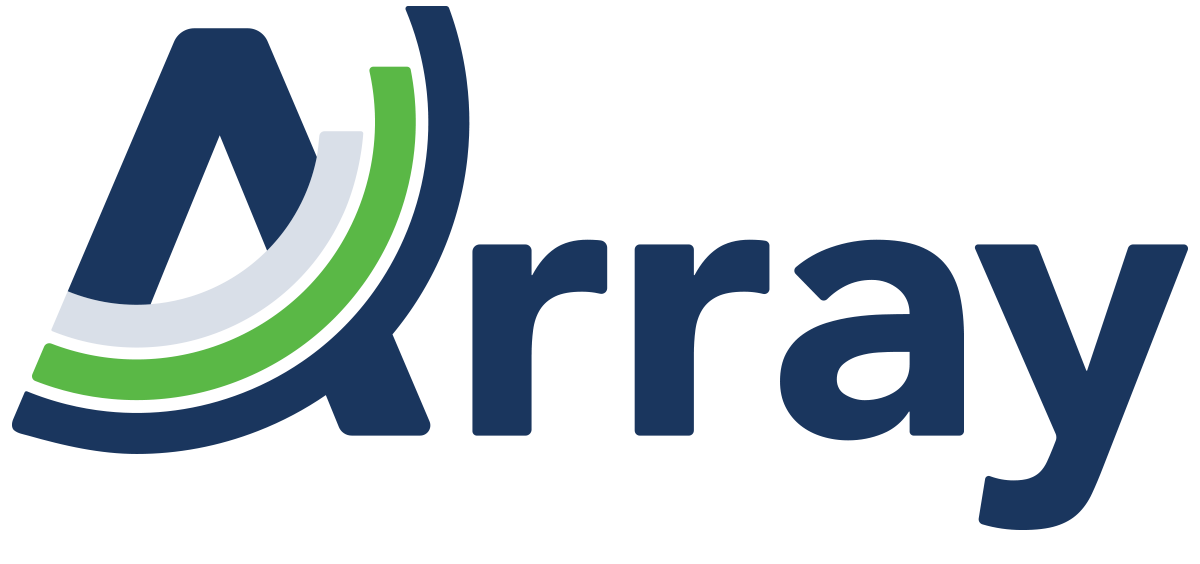Five Questions to Ask Your eDiscovery Partner
By: Julia Helmer
Discovery is a critical element in any legal matter. In complex litigation and investigations, electronic discovery tends to cover a large portion of that process. As firms and in-house legal teams work to cover an increasing number of matters while resource and technology budgets remain flat, the right eDiscovery partner could have positive impacts on your matters and your budget.
When deciding whether to engage an eDiscovery provider, consider the complexity of the matter, your resource availability and capacity, along with any technology investments (and training) you would need to make to handle the project in-house. If you decide a partner-supported eDiscovery process is right for your case, it’s important to consider what will constitute a successful engagement.
Once you begin to consider potential eDiscovery service providers, asking a standard set of questions can help you build an apples-to-apples comparison between groups before moving on to the next phase of discussions.
How do you manage a project?
When selecting a partner, understanding how they will tackle your unique project needs is key. From end-to-end, ensure you cover:
- What roles will be staffed on your project team,
- The team’s experience level,
- Who is your point of contact,
- The partner’s flexibility and willingness to customize their platforms and workflows to your case needs, and
- The types and frequency of check-ins you’ll have regarding your project’s progress.
Additionally, having a discussion with your potential service providers on the quality control measures in place can go a long way in helping your organization feel confident in your selection.
What type of support do you offer?
Litigation and investigations rarely run on a standard work-day schedule and, more often than not, have a few surprises along the way, even in seemingly straightforward cases. Ask your potential partners about the type of support they can provide and how it is handled.
While you may be looking for a provider to support your eDiscovery needs, finding a partner that can provide subpoena services, court reporting or handle exhibits for depositions may provide cost savings and help streamline your work.
Whether it is after-hours staffing availability or an emergency print run, having a partner that can offer white-glove service to ensure the needs of your case are being met, can make a big difference in the process and in your results.
How do you keep my data secure?
Cybersecurity is critical when it comes to legal matters. The volume and type of sensitive information that is obtained through discovery – especially in complex litigation – can be an appealing target for threat actors. In addition to data leaks, ransomware is a growing concern. It is crucial to feel confident in your hosting provider’s security approach throughout the process.
The importance of cybersecurity means it must be a topic of conversation in your selection process. When it comes to cybersecurity and eDiscovery, you should be prepared to dive deep into the topic.
How do you build pricing?
Honest and transparent discussions about pricing should happen early in your selection process. Ask how they price, what is included in the price, when they invoice, and any contingencies that may impact the total cost of your project. Much like the cybersecurity discussion, this question will lead to an evolving conversation. Once you have a basic understanding of the pricing model, your potential provider may be able to point out pricing efficiencies or draw from their experience to create a model that delivers the most value for your spend. Furthermore, once you have a better sense of the volume of data that will be processed and hosted for the project, your partner can help create an estimate and budget for the matter, notifying you of scope-creep or specific billable triggers that may require an adjustment.
In today’s world of tight budgets, staying on track while delivering results will mean a lot.
Why are you the right partner?
You may start by asking, or most providers will tell you, what differentiates them from their competitors. But, it is also worth asking, “what makes you the right partner for this project?” After having the discussions prompted by this question, their response should demonstrate an understanding of your project, your needs and how their specific tools and workflows will fit those needs.
Following a standard set of questions in your selection process can help you make apples-to-apples comparisons across your potential partners. Ultimately, you should be able to make your selection with utmost confidence that your eDiscovery partner is a true member of your team and will help you focus on winning your case.

